Agribusiness adopts ESG practices to meet growing global market demands
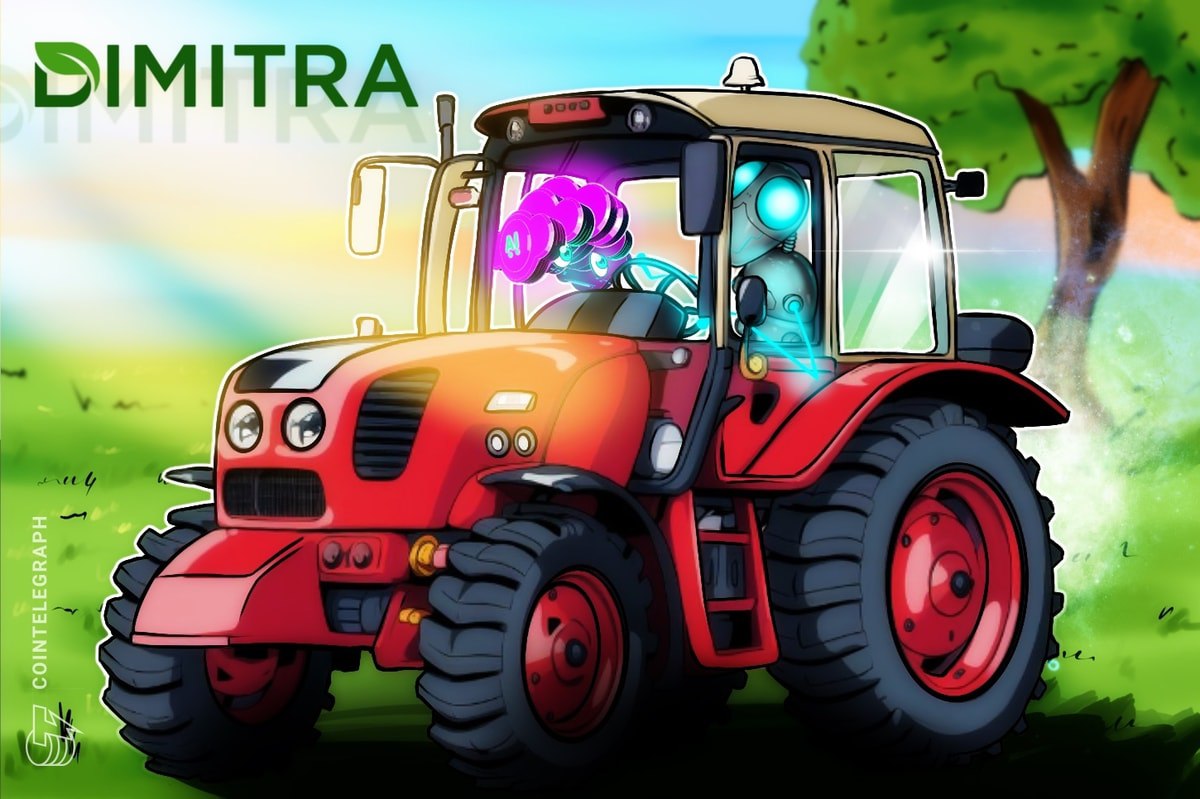
Dimitra Incorporated
New Horizon Building, 3-1/2 Miles Philip S.W. Goldson Highway, Belize City
info@dimitra.io
New Horizon Building, 3-1/2 Miles Philip S.W. Goldson Highway, Belize City
info@dimitra.io
New Horizon Building, 3-1/2 Miles Philip S.W. Goldson Highway, Belize City
info@dimitra.io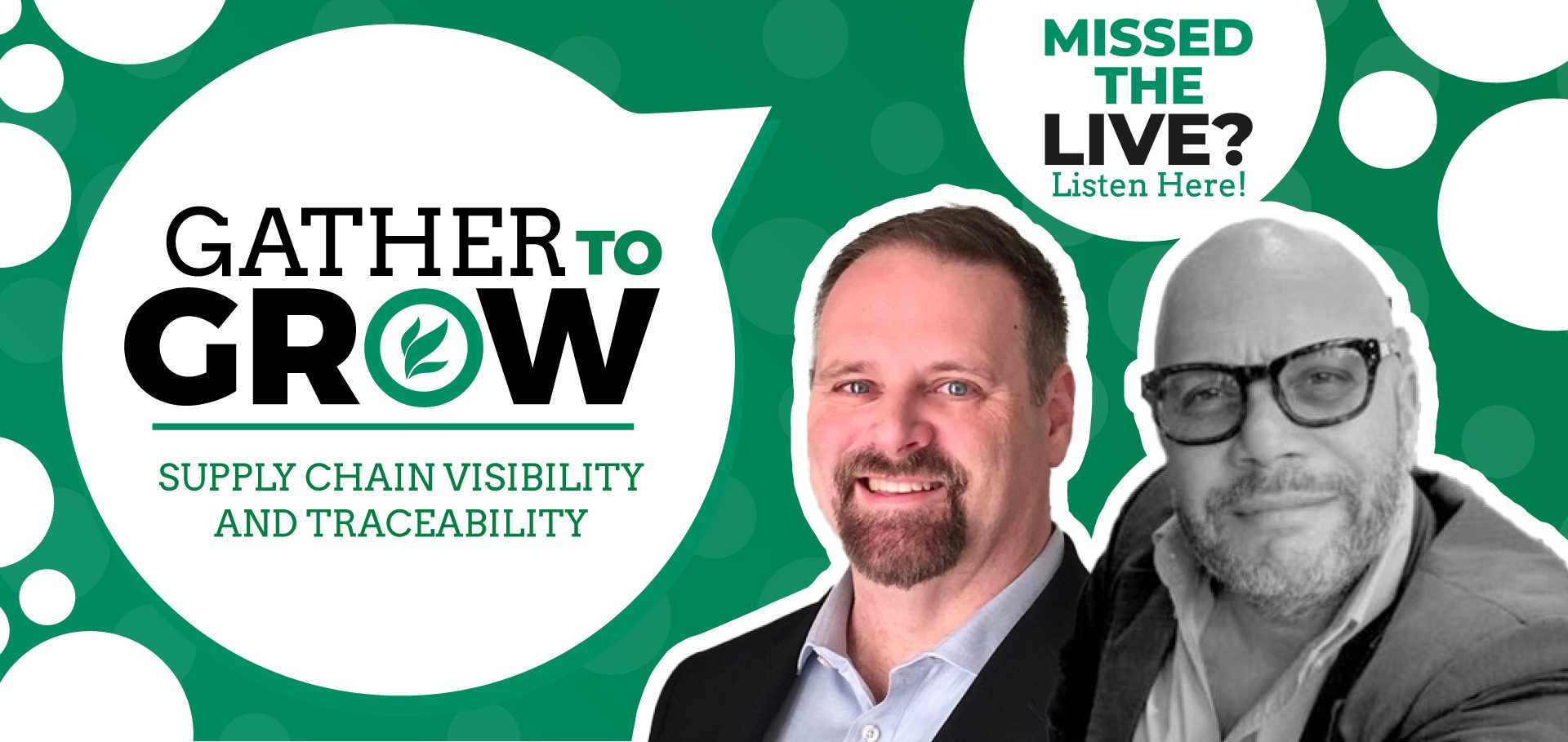
New Horizon Building, 3-1/2 Miles Philip S.W. Goldson Highway, Belize City
info@dimitra.io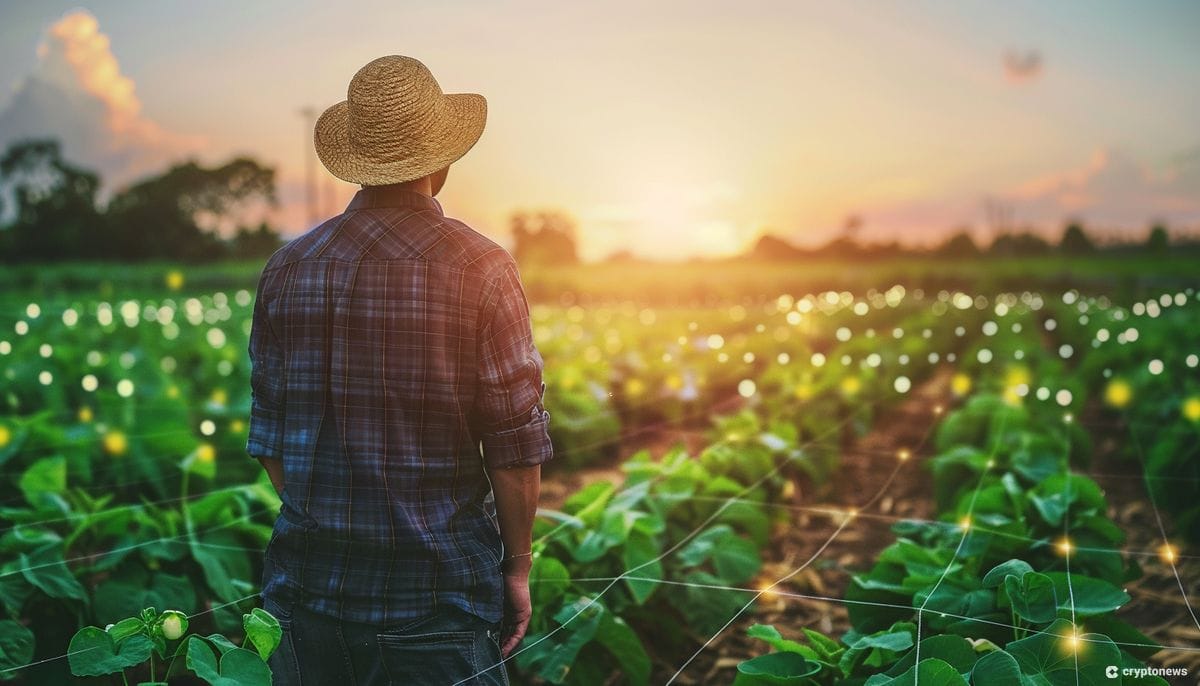
New Horizon Building, 3-1/2 Miles Philip S.W. Goldson Highway, Belize City
info@dimitra.io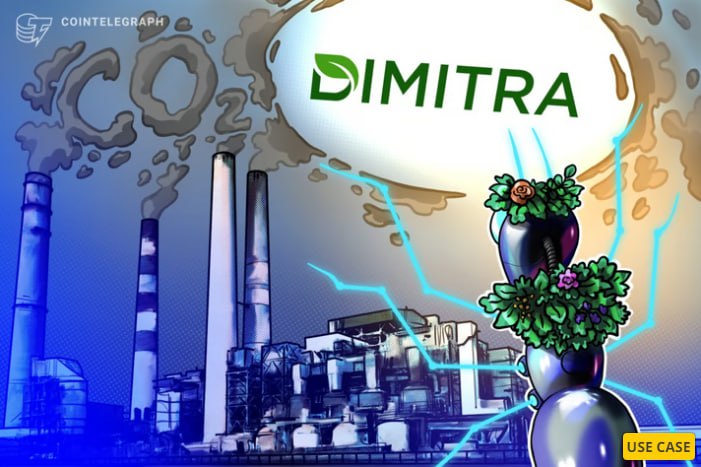
Dimitra has launched Dimitra Carbon, a new initiative aimed at enhancing transparency and effectiveness in the carbon credit market.
The project utilizes Dimitra’s network of agricultural projects across multiple countries to generate carbon credits, offering a transparent and reliable approach to carbon offsetting and reductions.
New Horizon Building, 3-1/2 Miles Philip S.W. Goldson Highway, Belize City
info@dimitra.io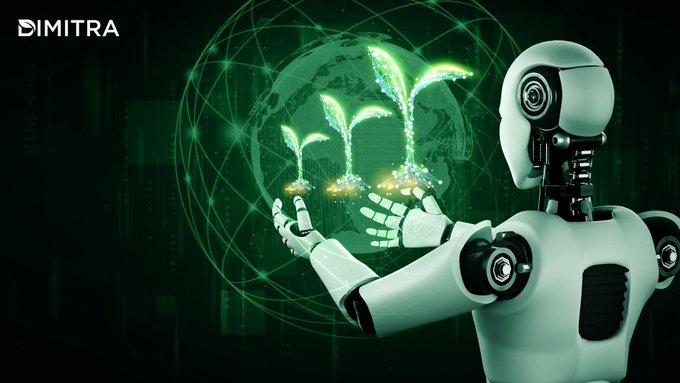
Dimitra Carbon ensures each DMTR Carbon Credit is verified through stringent monitoring and reporting standards. These credits are 100% traceable to the farmer level, offering unmatched transparency and credibility. This initiative opens the carbon offsetting market to approximately 500 million small-scale farmers who have been excluded due to high costs and time investments in generating tradable carbon credits.
The deployment of the DMTR token simplifies the carbon credit offsetting process, enhancing traceability and trust in line with regulatory requirements. Partnering with Dimitra allows organizations to reduce carbon costs with clear, verifiable data, making carbon credits accessible to smallholder farmers.
Dimitra collaborates with farmers in South America, Africa, and Asia, using advanced agricultural technologies and sustainable methods to boost productivity while minimizing emissions. The first project under Dimitra is already underway in Africa. To incentivize corporate participation, Dimitra offers a 10% discount on credits purchased with the DMTR token.
Diego Costa, COO of Dimitra, added, “The global credit market is growing rapidly, with projections reaching $50 billion by 2030. Dimitra aims to meet this demand, having hired a carbon program lead to work with our data science team. We’ve already seen international interest in joining the DMTR Carbon project.”
New Horizon Building, 3-1/2 Miles Philip S.W. Goldson Highway, Belize City
info@dimitra.io
Dimitra Cameroon Coffee – Dimitra, a blockchain-based operating system for agricultural technology, and Arasco Food BV, an international food trading corporation. Has announced a joint pilot project that will digitize, modernize and make compliant coffee supply chains in Cameroon.
Led by Dimitra Europe GmbH, a subsidiary of Dimitra Incorporated, this partnership utilises blockchain technology to enhance farming processes and ensure market compliance with the upcoming European Union Deforestation Regulation (EUDR), set to take effect at the end of 2024.
As part of the new partnership, Arasco will employ Dimitra’s tailored Connected Coffee platform to allow farmers access to blockchain traceability solutions. That will act as a transparent, traceable supply chain for regulators and smallholder farmers. The pilot project aims to ease the burden of data management for smallholders. And family farmers in Cameroon to ensure they receive certificates of compliance in line with new EU regulations. Which will ban imports from crops grown on deforested land after 2020. The project will onboard 5,000 farmers to the Connected Coffee mobile application. Providing them with comprehensive tools for farm registration, crop management, farmer surveys, and data acquisition.
Andreas Cerdan, director of Dimitra Europe, said: “Our Dimitra team is excited to be working with Arasco to prepare one of their key coffee origins for EUDR compliance. Rather than shying away from remote origins, Arasco takes this decisive step towards a fully digitised supply chain.”
Dimitra’s Connected Coffee platform draws data from various emerging technologies (including AI, satellite imagery, IoT, genomics and more). It translates these many data points for agriculturalists, helping to stabilise year-round production. And increase the quality and quantity of coffee cherries produced per farm. Dimitra tracks the flow of goods from farms to Arasco’s processing units. Ensuring they can improve processes and ensure regulatory compliance across global markets for local stakeholders, farmers, and traders.
Müsteçep Aras, CEO of Arasco Food BV, said: “At Arasco Food BV, we are thrilled to announce our collaboration with Dimitra. This partnership represents a significant step forward in improving the socioeconomic conditions of thousands of farmers in Cameroon through digitisation. By adopting the Connected Coffee app. We can enhance sustainable coffee production and trading in line with EUDR while we also support the local communities. We are excited to be part of this transformative journey and look forward to the positive impact it will bring.”
Farm registration and training have already commenced in the Littoral and West regions of Cameroon. Upon completion of the pilot programme, Dimitra and Arasco plan to implement across further global supply chains to continue the commitment to full traceability and compliance.
New Horizon Building, 3-1/2 Miles Philip S.W. Goldson Highway, Belize City
info@dimitra.io
New Horizon Building, 3-1/2 Miles Philip S.W. Goldson Highway, Belize City
info@dimitra.io
New Horizon Building, 3-1/2 Miles Philip S.W. Goldson Highway, Belize City
info@dimitra.io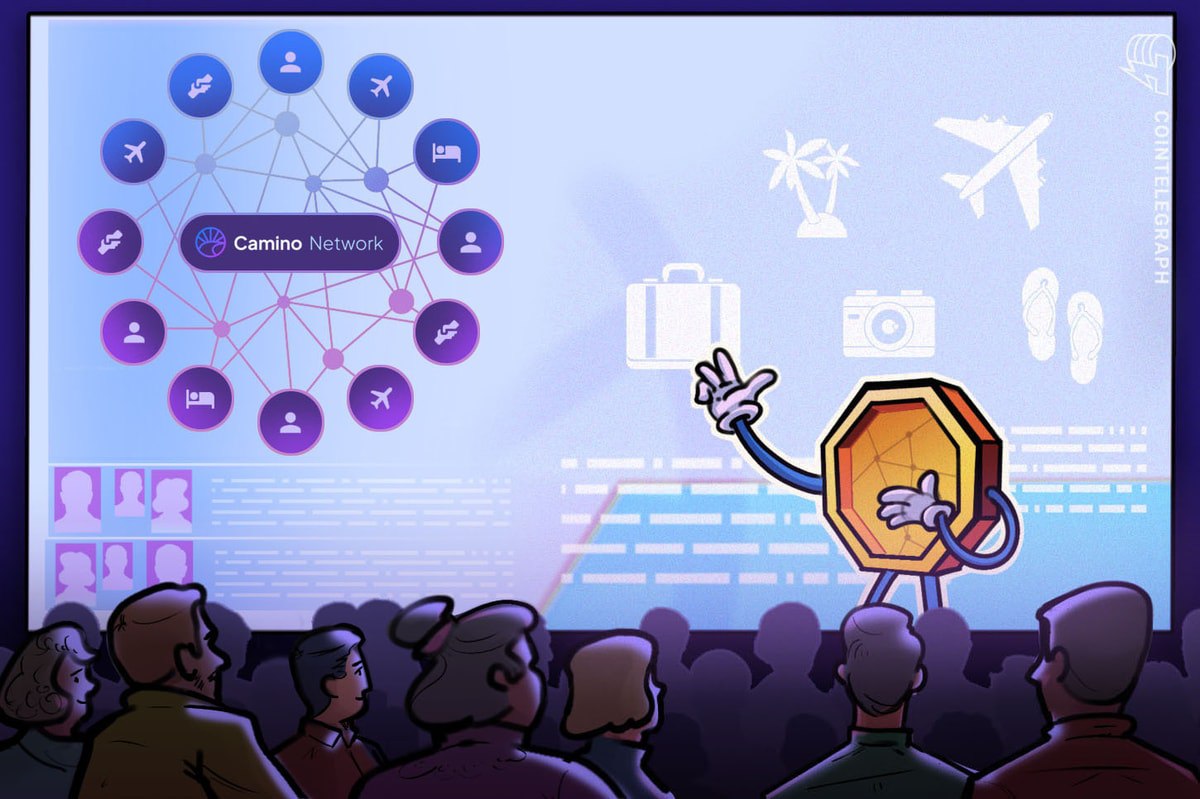
New Horizon Building, 3-1/2 Miles Philip S.W. Goldson Highway, Belize City
info@dimitra.io